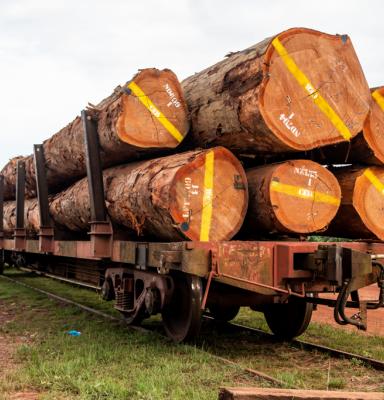
FSC regards legality as an essential but not necessarily sufficient step towards sustainable forest management worldwide.
All countries with forests have rules to manage ownership and harvesting rights, to contain possible environmental and social impacts, and to govern trade and export. But the level of enforcement of these rules is very different across the globe. This means that neither foresters who simply want to work within the framework of the law, nor those who want to go further and use the responsible management practices required by FSC certification, are competing on a level playing field with those who operate outside the law.
FSC therefore applauds legislation adopted in the USA, the EU and Australia, to prevent the use of illegally harvested timber, both imported and domestically produced. Similar legislation in Switzerland demands transparency about the origin and species of imported timber.
FSC did what was needed to make its system a reliable tool for the companies to demonstrate that they meet the requirements of these legislations. In particular, concerning the marketing in the EU of timber from the Congo Basin, FSC is ensuring that its national standards for countries that have a FLEGT Partnership Agreement are in line with the legality requirements in such agreements.
Priority has been given to Cameroun and the Republic of Congo (/Brazzaville) as the Agreements with these countries include the possibility to evaluate private certification schemes against the requirements. These National Standards are ready now and are being presented to the FLEGT competent authorities in the two countries concerned for assessment on FLEGT compliance.